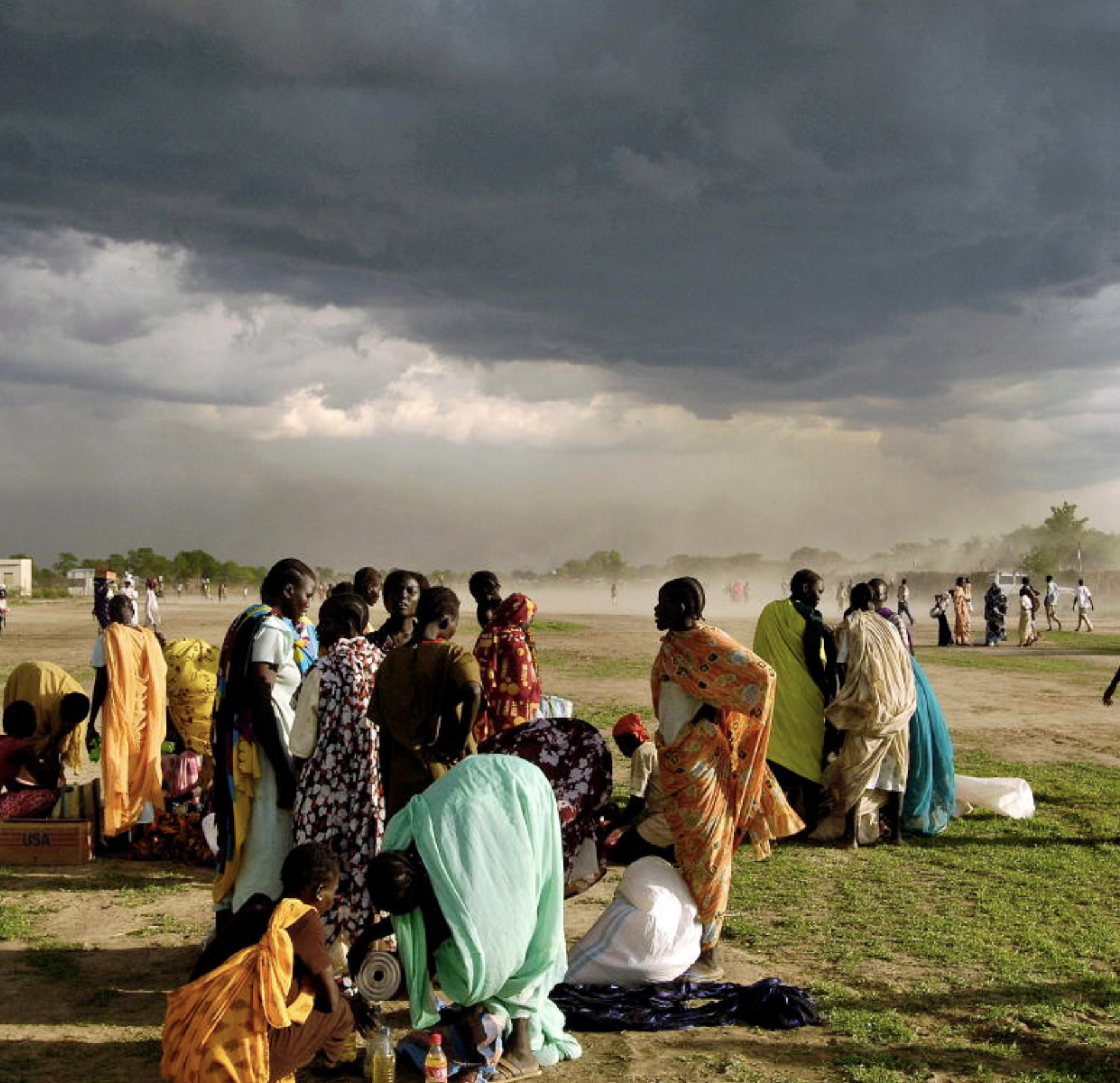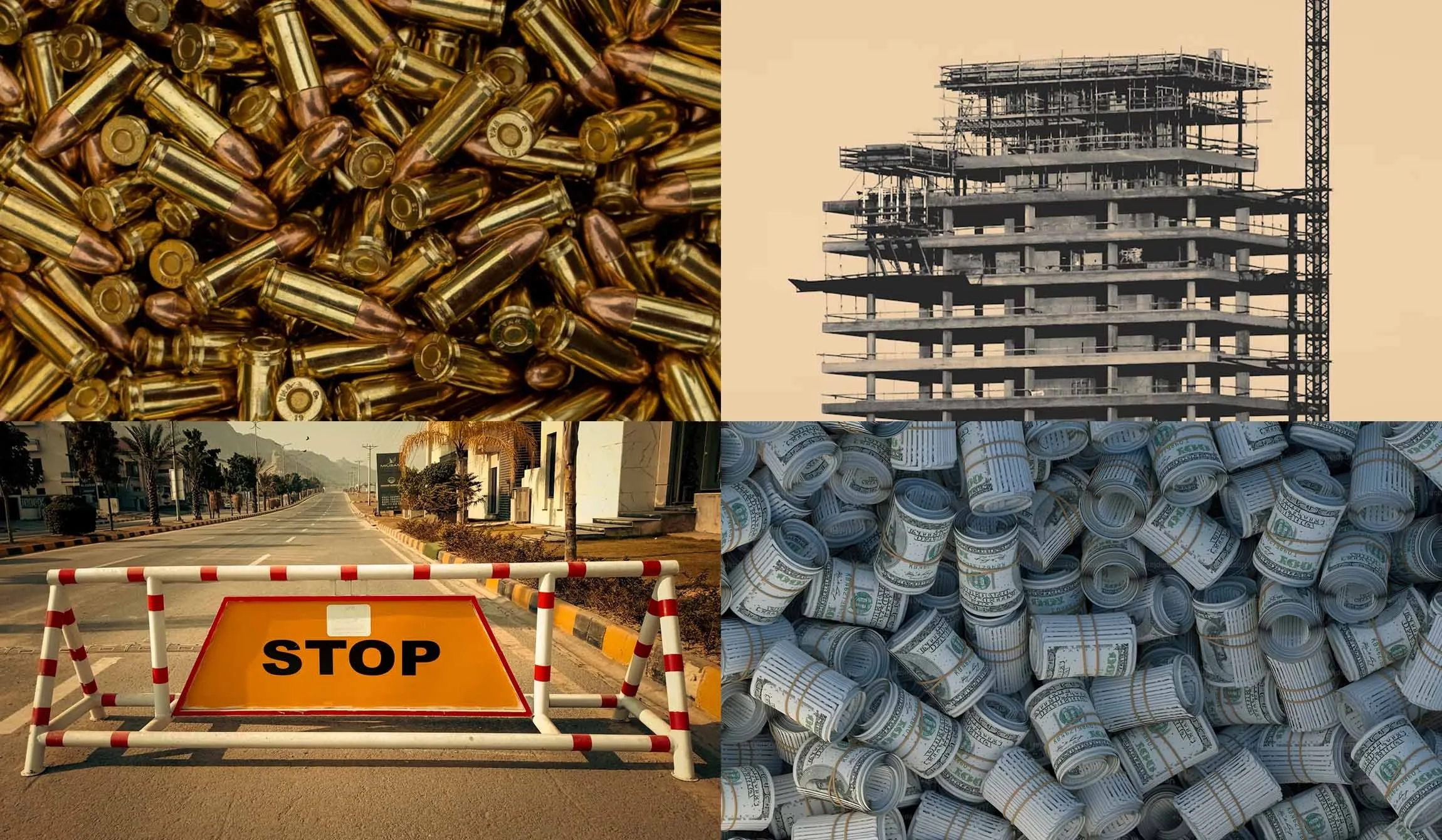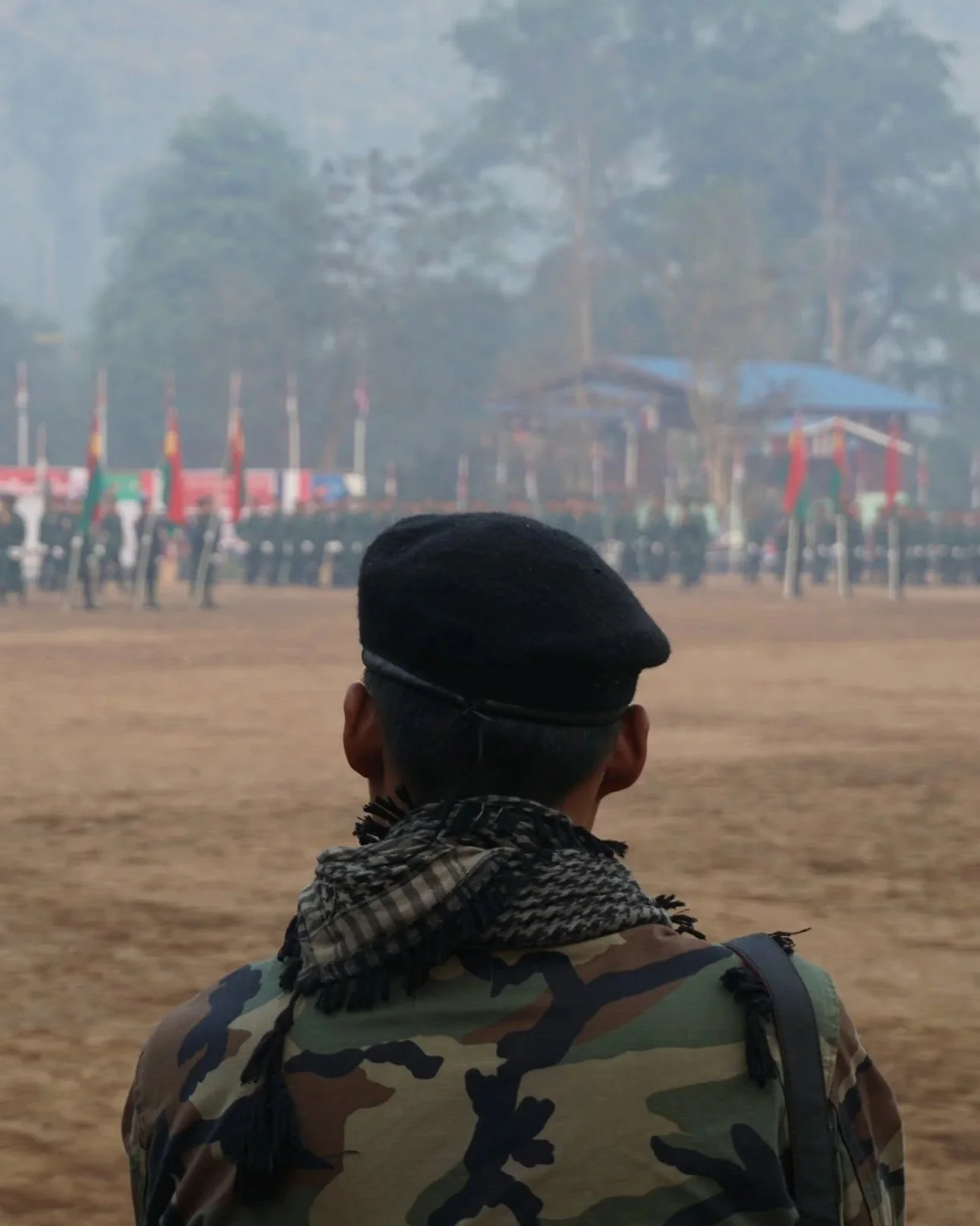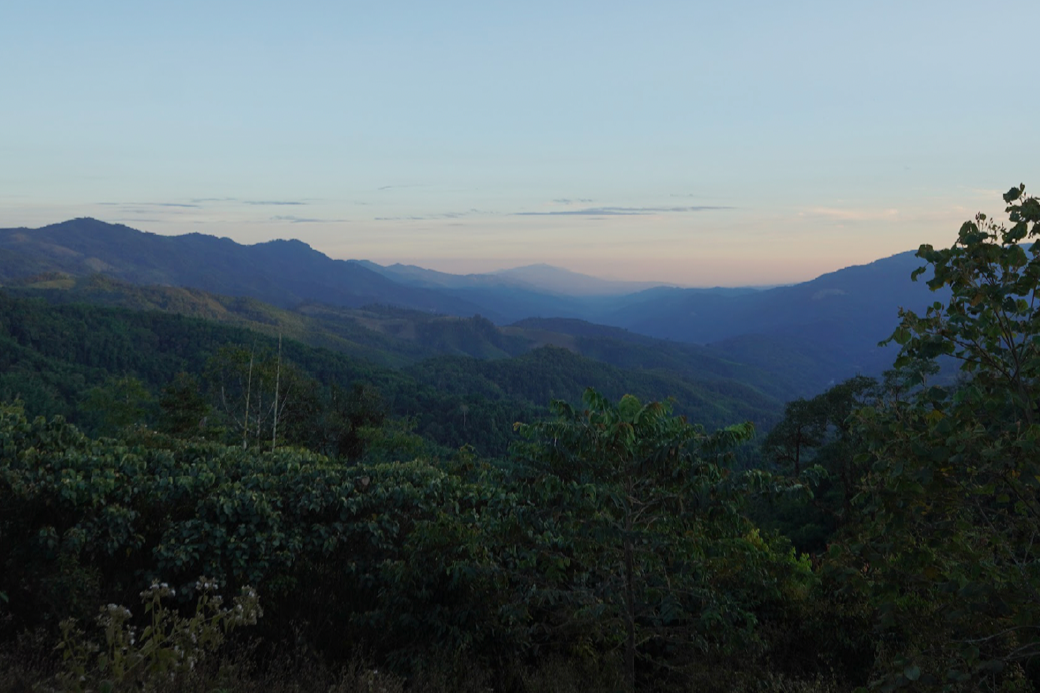The future of humanitarian access
Discussion paper
Funding cuts, shifting geopolitics and evolving conflict dynamics have imperiled humanitarian access. This paper offers a forward-looking blueprint for a more resilient, principled access architecture.
Armed group economic policy: Towards a new research agenda
Research report
This report explores how armed groups regulate markets, trade, and everyday economic life.
Armed group economies | Armed group governance
Shifting sands: Iran, the Axis of Resistance, and the war in Gaza
Q&A
The war in Gaza is weakening Iran’s proxies and altering its regional influence.
Armed group governance | Middle East
Flailing state: The resurgence of al-Shabaab in Somalia
Commentary
Al-Shabaab is regaining Somali territory amid state weakness and a failed international strategy.
In focus
The conflict in Myanmar
Towards a deeper understanding of Myanmar’s People’s Defence Forces
A deep dive into Myanmar’s post-coup resistance, tracing how diverse People’s Defence Forces and ethnic alliances are reshaping political dynamics, military strategies and the prospects for engagement.
Our mission
The Centre on Armed Groups supports efforts to reduce violence and end armed conflict. We achieve this mission through conducting innovative research, creating safe spaces for dialogue, and providing practical advice.
Our reach
Made with Visme
Our network of experts focuses on conflict and violence focused in more than 30 countries and territories, with specialised expertise on over 50 different armed groups
Somalia
Our research focuses on the conflict with Al Shabab, examing the group's governance, taxation, and relationships with civilians. Our dialogue and advisory work supports engagement strategies grounded in evidence and local realities, with a focus on humanitarian access, protection and peacebuilding.
Myanmar
We provide research and advice on navigating the country's increasing complex conflict, with particular focus on understanding the armed opposition groups and understanding the war economy. We advise partners on conflict trends and access, focusing on protection, economic governance and negotiation.
Afghanistan
Our research tracks the Taliban’s governance practices and how civilians navigate life under Taliban rule, as well as the emergence of other armed actors in the region. We advise humanitarian, development, and diplomatic actors on access, programming, and principled engagement.
Sudan
Our work on the Sudan conflict has focused on understanding local protection arrangements and the political economy of armed groups. Our dialogue and advisory work has supported humanitarian access negotiations, cultural protection and violence reduction efforts.
Beyond compliance in conversation
What does everyday life during war and armed conflict look like? How do ordinary people engage with armed actors? And how can the law contribute to protecting civilians?
Expert commentary
-

Ashley Jackson
“If the current trajectory continues, al-Shabaab’s position will only strengthen. But there is still an opportunity to avert the worst.”
Writing in War on the Rocks
-

Jerome Drevon
“In a way, this is his Zelensky moment. Zelensky was criticized before the war in Ukraine, and then he became a statesman. The question is can Jolani make the same transformation.”
Discussing how HTS will govern in the New York Times -

Nadwa Dawsari
“The Houthis see themselves as a regional and global actor—their ambitions extend beyond Yemen’s borders.”
Speaking to the Washington Institute
Our donors and partners
























